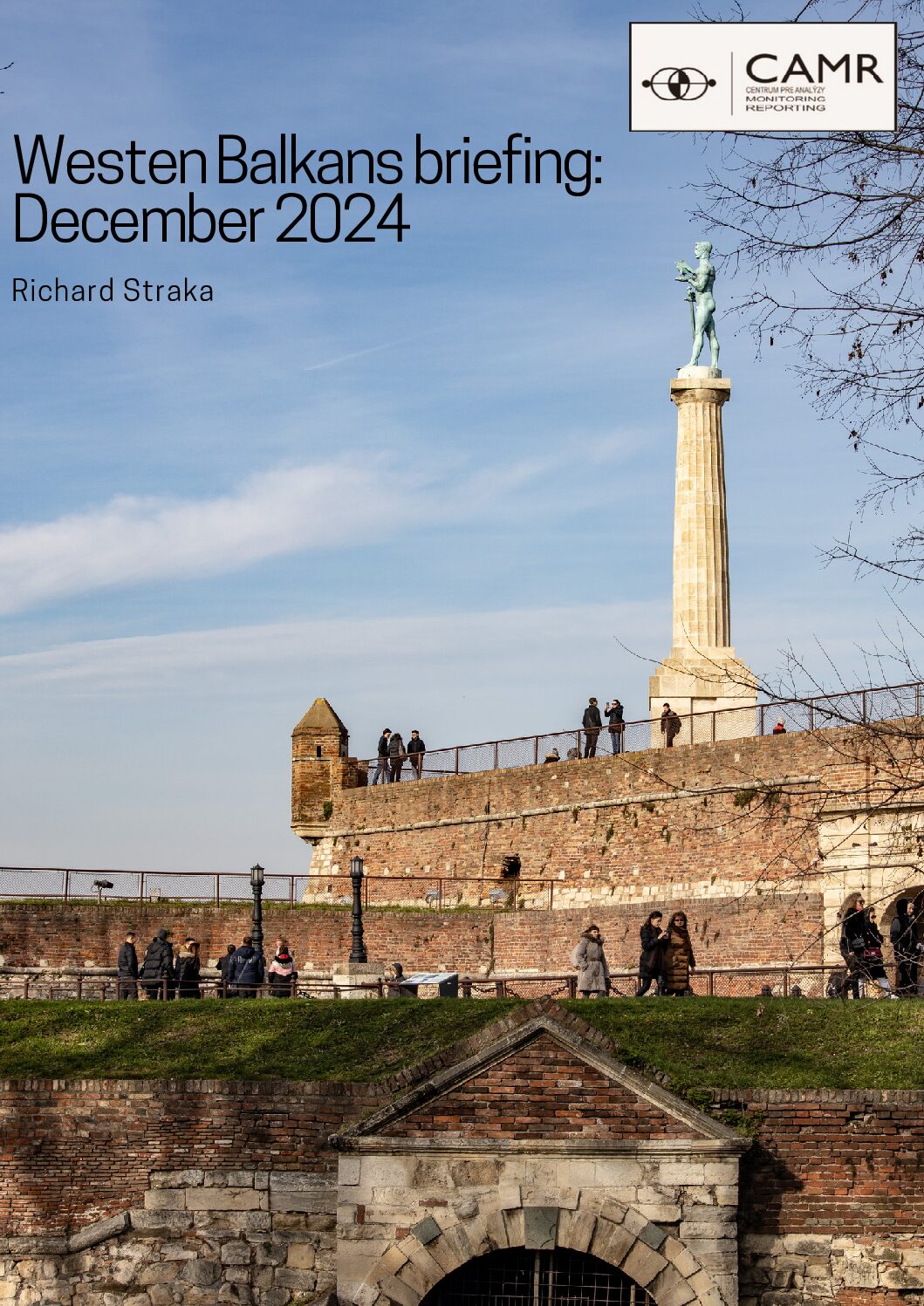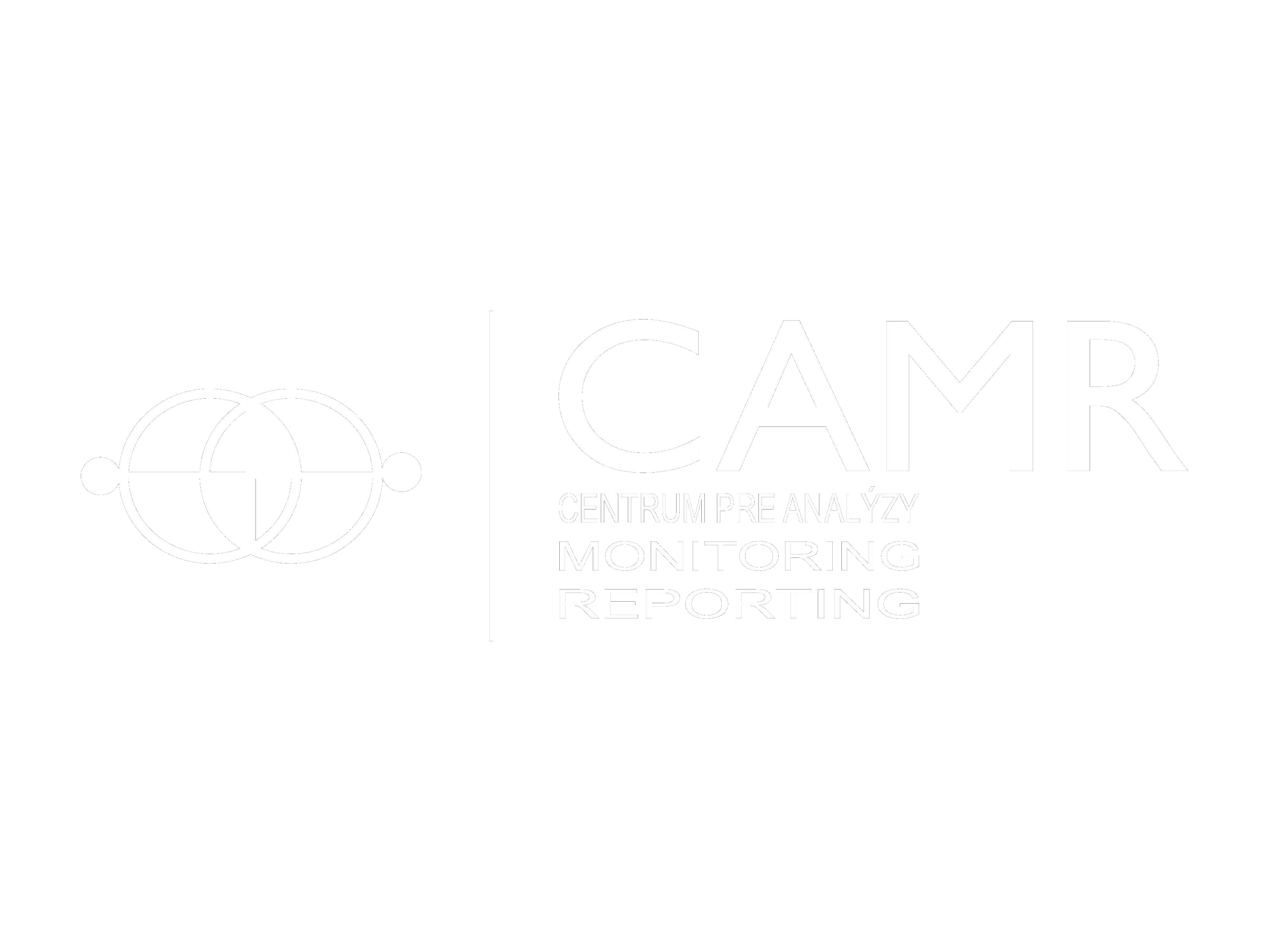Organized crime and state violence against civilians belong to everyday reality in many states of the continent. Violent threats coexist with many other challenges, creating a complex network of political, economic, environmental, and social risks, whose levels differ from one country to another. Andean states have long struggled with insecurity and a vicious circle of violent criminality. What major developments occurred in 2024, and how did the countries tackle the most pressing issues?
COLOMBIA: Challenges of “Total Peace”
Despite a successful economic recovery following the two years of crisis, Colombia has not escaped deepening political polarization. With the 2026 general elections approaching, political parties have intensified their discourse, aiming to appeal to the fragmented electorate. Additionally, the conflict between Gustavo Petro, the first left-wing president in Colombia’s history, and the opposition-led congress hinders approval of necessary reforms, especially in the health and labour sector. However, this also includes addressing persistent challenges, such as widespread corruption, insecurity, and migration from neighbouring Venezuela. Insecurity remains the major concern for most Colombians, significantly affecting growing social tensions. A crucial factor in this regard is the significant presence of guerrilla groups fighting for control over territories and the people who inhabit them.
Implementing the “Total Peace” policy remained the core element of Petro’s government. Beginning in 2022, the strategy seeks to engage all illegal armed actors in dialogue to lay down their arms and reduce armed confrontation. It is based on the implementation of the Peace Agreement signed with the FARC (Revolutionary Armed Forces of Colombia) in 2016, which led to a ceasefire, aiming to transform the group into a legitimate political party. Since 2022, major attention has been paid to the government’s dialogue with ENL (National Liberation Army). However, on January 17, 2025, Petro’s cabinet recently suspended the ceasefire following ENL’s return to kidnapping and violence. It can be assumed that the ability to provide security for the population and implement the desired social reforms will be crucial for Petro’s political future.
ECUADOR: Odyssey of Violence
Ecuador has long been tormented by security challenges, including violence and organized crime which have grown exponentially in recent years. The number of homicides increased by nearly 430% from 2019 to 2024, when 3,036 were documented. Following the sharp rise in violence, President Daniel Noboa decreed a long-lasting state of emergency, admitting that the country is in an internal armed conflict. The subsequent militarization of public life has led to serious human rights violations perpetrated by security forces, including extrajudicial killings and arbitrary arrests.
Concerning other security issues, Ecuador faces persistent structural challenges in terms of health, education, and employment. The deteriorating state of the rule of law, poverty, and chronic violence severely undermine the quality of life of all societal strata. Particularly vulnerable are women and children, often becoming victims of physical, sexual, and other forms of violence. The everyday reality is reflected in global data regarding the perceptions of (in)security, where Ecuadorians figure as the least likely to feel safe. In the coming months, Ecuador must strive to regain lost stability, a crucial precondition for enacting comprehensive reforms toward further development.
MEXICO: First Madam President
Mexico’s history has begun a new chapter with the election of Claudia Sheinbaum as the first female president. The climate scientist and former mayor of Mexico City secured 58% of the votes in a historic election in which two women strived for the presidential office, which is an exceptional scenario in a country known for machismo culture and widespread violence against women. To a considerable extent, Sheinbaum credits her success to former President Andrés López Obrador, who became her political mentor and whose footsteps she is likely to follow. She promised to continue in López Obrador’s “Fourth Transformation”, a social and political reform program meant to combat inequality and corruption. Yet, the program includes proposals that may weaken Mexico’s democratic foundations, including a controversial constitutional reform.
Besides fighting inequality and poverty, Sheinbaum will face the challenge of organized crime, which has been rapidly growing and gaining influence over territories, people, and institutions all over the country. However, her most difficult task will be to step out of López Obrador’s shadow and promote her own policy agenda. The power she wields will have to be handled wisely while considering the possible consequences of further destruction of the system of checks and balances launched by her predecessor.
VENEZUELA: Maduro on a Thin Ice
For Venezuela, 2024 was potentially a breakthrough year due to presidential elections that could have ended the era of authoritarian President Nicolás Maduro, succeeding long-standing Hugo Chávez. Since 2014, Venezuela has faced severe economic, political, and humanitarian crises, resulting in one of the largest displacement crises globally, with approximately 7.77 million people fleeing the country since 2015. Maduro’s government is seen as unable to meet the needs of the population and repressive towards protesters and any form of political opposition. Many viewed the 2024 presidential election as a spark of hope. However, the following months have only deepened uncertainty about the country’s future.
In July’s elections, Maduro faced Edmundo Gonzáles, who replaced the banned María Corina Machado. The two opposition leaders united forces against Maduro and have become close allies. Despite promising fair elections, it was marked by protests and violence, resulting in arrests and deaths. Official results declared Maduro the winner with 51.2% of the votes. However, the opposition accused Maduro of electoral fraud, as all state agencies, including the National Electoral Council, are under his control.
The election results are thus heavily disputed. While Russia and China congratulated Maduro, the U.S. declared Gonzáles the legitimate winner, and the EU refused to accept Maduro’s legitimacy. Following the election, protests erupted, leading to further instability and human rights violations. On January 10, 2025, Maduro declared himself president for another six-year term, while the opposition asked the military to end his reign. Maduro is becoming more isolated than ever, losing the support of nearly all fellow regional leaders. The situation in Venezuela is increasingly tense and prospects for another turbulent year are high.
Developments in these countries have traditionally belonged to the most dynamic in the world. This is due to persisting structural challenges, including fragile democratic foundations, and deepening social inequalities. Various problems erupted in 2024, but their roots go deep into the past. In 2025, security can be expected to remain at the top of the political agenda, accompanied by difficult negotiations and targeted interventions. Along with that, sharpening conflict between the ruling elites‘ desire to consolidate power and the public pro-democratic demands is highly conceivable, calling for greater international attention.
Author: Adela Sadloňová
Picture source: Canva



















